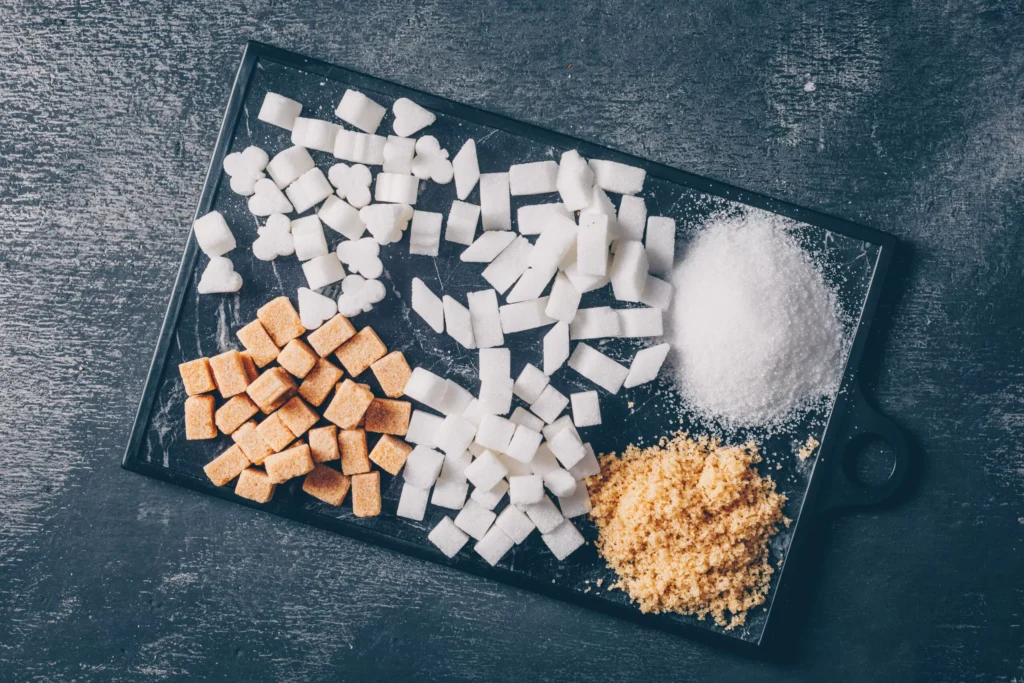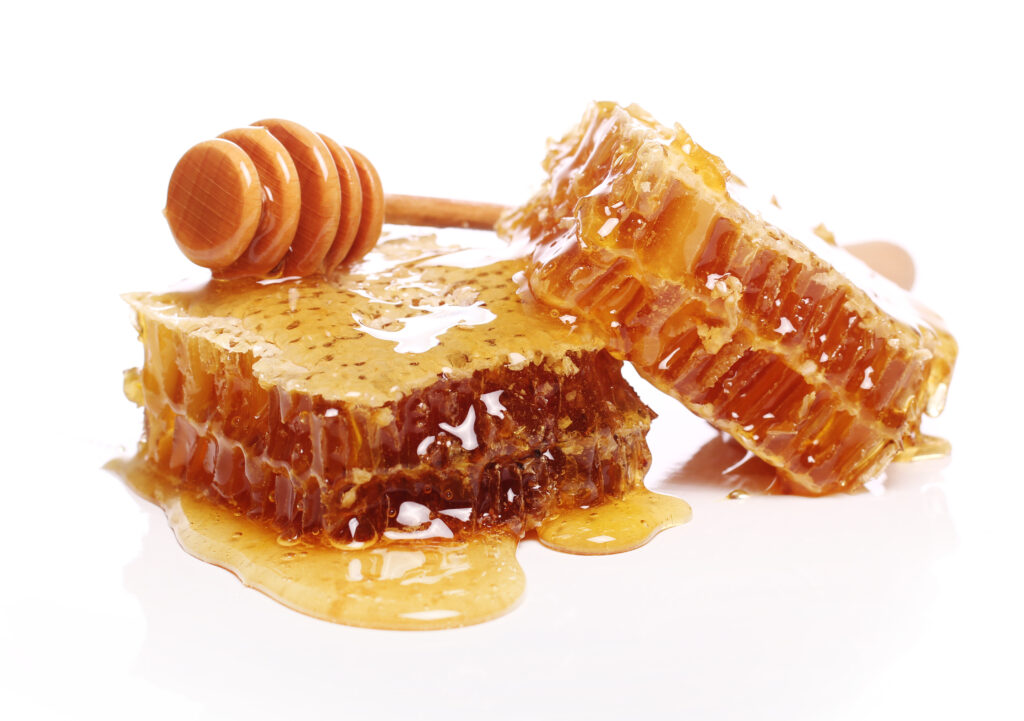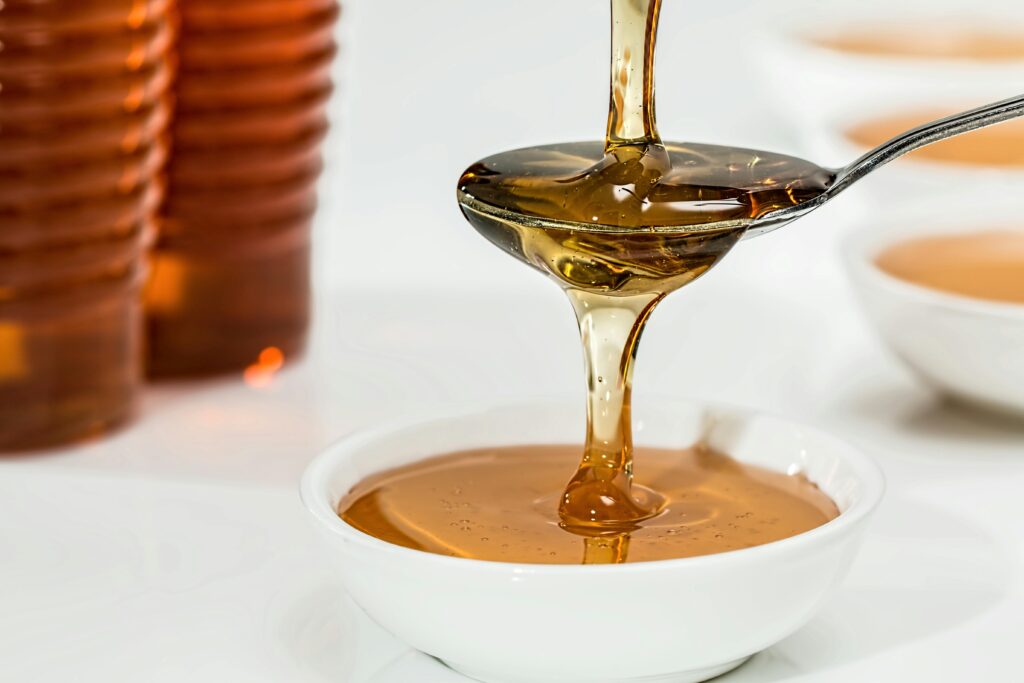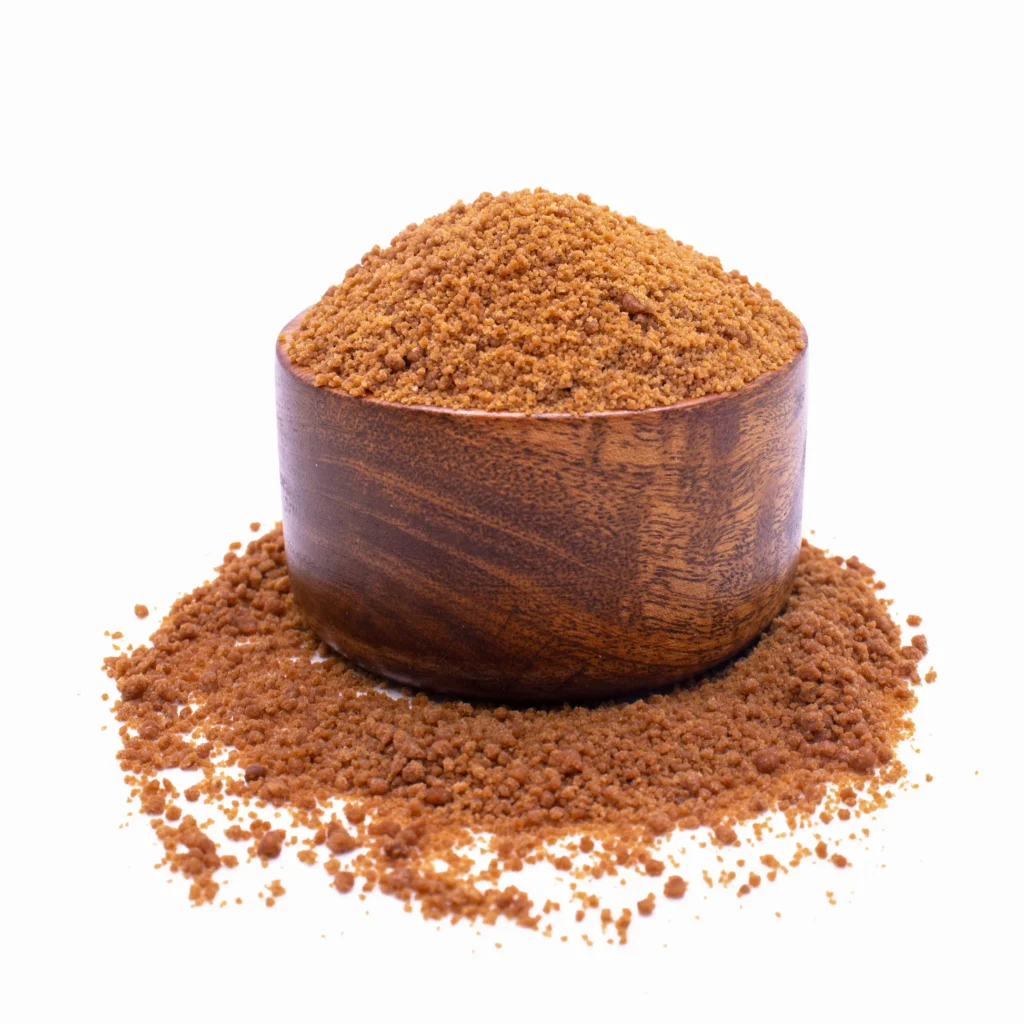Hello, Rare Suga fans. In today’s health-conscious world, making informed choices about what we consume has never been more important. Among these choices, selecting the right sweeteners can significantly impact our health.
This article explores the benefits of natural sweeteners, their impact on health, and why they might be a better choice than artificial sweeteners and refined sugar.

The Problem with Refined Sugar
Refined sugar, commonly found in processed foods and beverages, is often linked to numerous health issues. Consuming high amounts of refined sugar can lead to:
Weight Gain and Obesity: Excessive sugar intake contributes to weight gain and obesity by providing empty calories and spiking insulin levels, which can lead to fat storage.
Diabetes: High sugar consumption is a major risk factor for type 2 diabetes, as it causes insulin resistance over time.
Heart Disease: Diets high in sugar are associated with an increased risk of heart disease, partly due to its role in weight gain and increasing harmful cholesterol levels.
Dental Problems: Sugar is a primary cause of tooth decay and cavities because it feeds harmful bacteria in the mouth.
Given these risks, finding healthier alternatives is essential. Natural sweeteners offer a promising solution.
Top Natural Sweeteners
Stevia

What is Stevia?
Stevia is a natural sweetener derived from the leaves of the Stevia rebaudiana plant. It is up to 300 times sweeter than sugar but contains zero calories.
Health Benefits of Stevia
Calorie-Free: Stevia provides sweetness without the calories, making it an excellent choice for weight management.
Blood Sugar Control: Stevia does not raise blood sugar levels, making it safe for people with diabetes.
Dental Health: Stevia does not contribute to tooth decay, offering a tooth-friendly alternative to sugar.
Usage of Honey: Stevia can be used in various forms, including liquid drops, powder, and granules. It is suitable for sweetening beverages, baking, and cooking. However, only a small amount is needed due to its high sweetness.
Honey

What is Honey?
Honey is a natural sweetener produced by bees from the nectar of flowers. It contains vitamins, minerals, and antioxidants.
Health Benefits of Honey
Nutrient-Rich: Honey provides small amounts of essential vitamins and minerals, including vitamin C, calcium, and iron.
Antioxidant Properties: Honey contains antioxidants that help protect the body from oxidative stress and inflammation.
Soothing Properties: Honey has been used traditionally to soothe sore throats and improve digestive health.
Usage of Honey: Honey can be used in beverages, desserts, and as a natural sweetener in cooking. It is also effective in marinades and dressings. While honey is healthier than refined sugar, it should still be consumed in moderation due to its high-calorie content.
Maple Syrup

What is Maple Syrup?
Maple syrup is a natural sweetener made from the sap of sugar maple trees. It contains essential nutrients and antioxidants.
Health Benefits of Maple Syrup
Nutrient Content: Maple syrup provides essential nutrients such as manganese, zinc, and riboflavin.
Antioxidant Properties: It contains antioxidants that help combat oxidative stress and inflammation.
Lower Glycemic Index: Maple syrup has a lower glycemic index than refined sugar, meaning it causes a slower rise in blood sugar levels.
Usage of Maple Syrup: Maple syrup is versatile and can be used in baking, cooking, and as a topping for pancakes, waffles, and oatmeal. It adds a rich flavor to dishes while offering health benefits.
Coconut Sugar

What is Coconut Sugar?
Coconut sugar is a natural sweetener derived from the sap of the coconut palm tree. It is minimally processed and retains some nutrients.
Health Benefits of Coconut Sugar
Mineral Content: Coconut sugar contains small amounts of minerals such as iron, zinc, calcium, and potassium.
Low Glycemic Index: It has a lower glycemic index compared to refined sugar, leading to more stable blood sugar levels.
Inulin Content: Coconut sugar contains inulin, a type of fiber that can promote digestive health and improve gut bacteria.
Usage of Coconut Sugar: Coconut sugar can be used as a one-to-one replacement for regular sugar in recipes. It has a caramel-like flavor that enhances the taste of baked goods, coffee, and tea.
Making Healthier Sweet Choices

Moderation with Sugar is Key for Health
Even with natural sweeteners, moderation is essential. While they offer health benefits and lower risks compared to refined sugar and artificial sweeteners, consuming large amounts can still lead to health issues.
Reading Sugar Nutrition Labels
When choosing natural sweeteners, it’s crucial to read labels and select products that are pure and free from additives. Many commercial sweeteners, including those labeled as natural, may contain fillers or artificial ingredients.
Consulting with Healthcare Provider
Before making significant changes to your diet, especially if you have underlying health conditions, it’s advisable to consult with a healthcare provider or a certified dietitian. They can provide personalized advice and help you make the best choices for your health.
Conclusion
Natural sweeteners like stevia, honey, maple syrup, and coconut sugar offer healthier alternatives to refined sugar and artificial sweeteners. By incorporating these natural options into your diet, you can enjoy sweetness without the adverse health effects of traditional sugar.
Remember to use them in moderation and choose pure, additive-free products. Making informed choices about sweeteners is crucial for better health and well-being.

